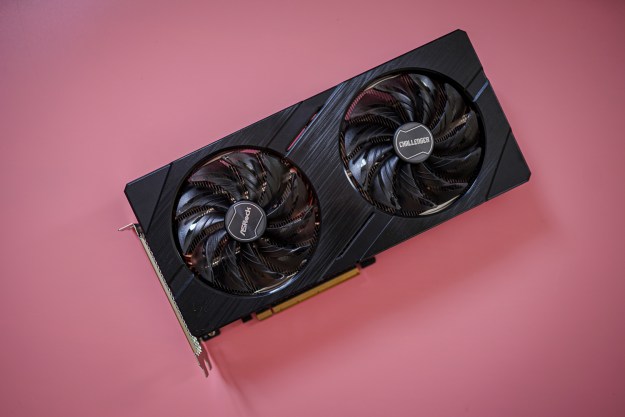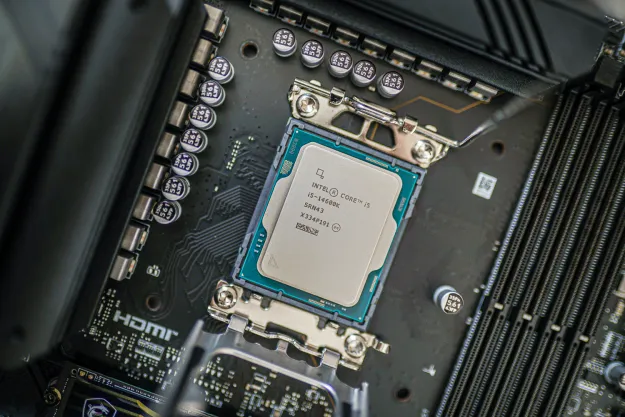Intel has pledged $50 million for pandemic relief efforts, including initiatives to improve patient care, make online learning easier, and fund scientific research to treat the coronavirus, officially known as COVID-19.
“The world faces an enormous challenge in fighting COVID-19,” said Intel CEO Bob Swan. “Intel is committed to accelerating access to technology that can combat the current pandemic and enable new technology and scientific discovery that better prepares society for future crises.”
The tech giant told Digital Trends via email that $40 million of the funding will go to its business partners to help improve the speed of diagnosis for the deadly disease and help lessen the load on already-stressed health care systems.
Some specific initiatives being funded include one vy GE Healthcare and Siemens Healthineers, which are “working on medical imaging lung infection detection and validation solutions, using CT and ultrasound technologies.” Other funding will go to Medical Informatics Corp to help hospitals monitor and care for multiple patients at the same time without putting health workers at risk physically, and a joint effort by Intel, Lenovo and BGI to speed up analysis of COVID-19’s genetic makeup to help better understand the virus.
Intel is also investing in its Online Learning Initiative, which will work with nonprofits and business partners in education to improve access to digital learning technology, an existing problem exacerbated by the coronavirus lockdowns.
“The goal is to get devices and support access for families that have none,” an Intel spokesperson told Digital Trends. “Local districts will need to apply for the donation through FirstBook.org to ensure the schools are ready to support the families that receive the devices.”
The remaining $10 million will be dedicated to an innovation fund that will go toward employee-led relief projects to address problems in their communities and external requests.
Intel’s announcement follows a previous investment of $10 million, which included a donation of over 1 million face masks, gloves, and other protective equipment for frontline health care workers.
Tech giants Apple, Microsoft, Google, Facebook, and others have also pledged millions to help treat the disease.
For the latest updates on the novel coronavirus outbreak, visit the World Health Organization’s COVID-19 page.
Editors' Recommendations
- It just became the perfect time to buy a last-gen Intel CPU
- Here’s a shocking reminder of just how far ahead Intel is in race with AMD
- Intel CPU gaming crashes are causing an uproar
- Intel may be throwing away an important opportunity
- Intel may already be conceding its fight against Nvidia




